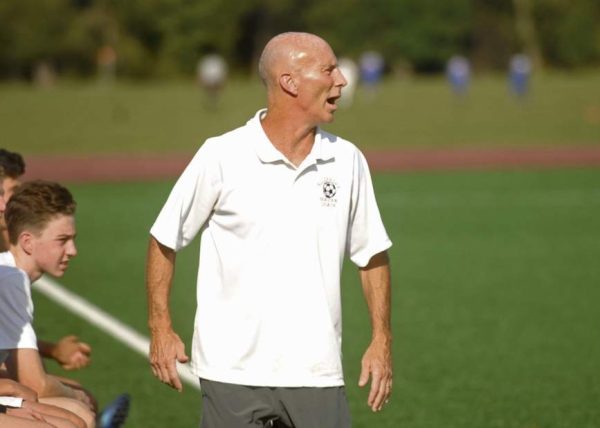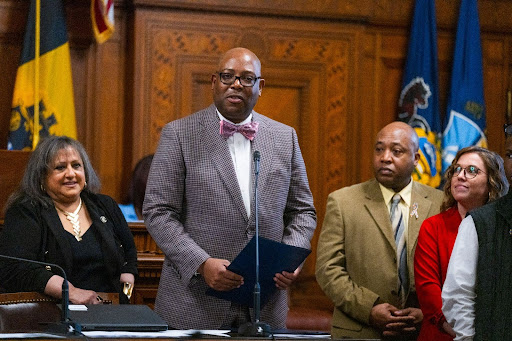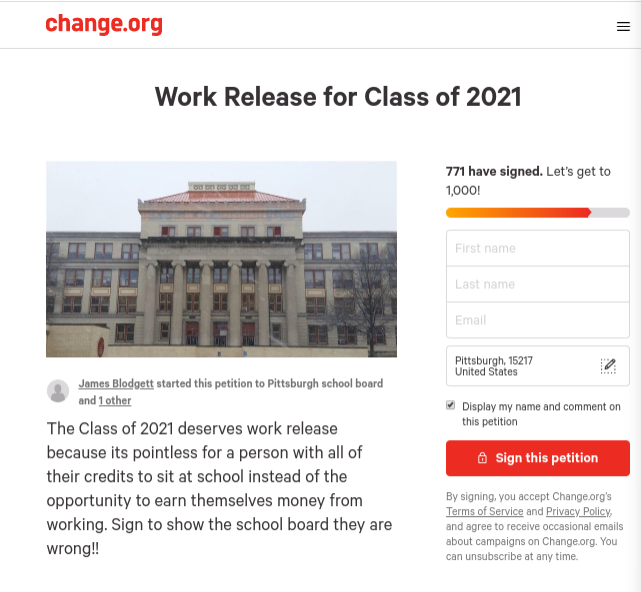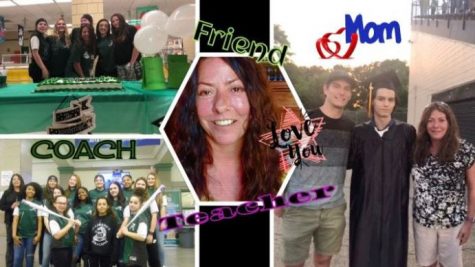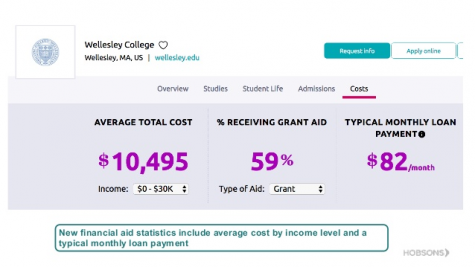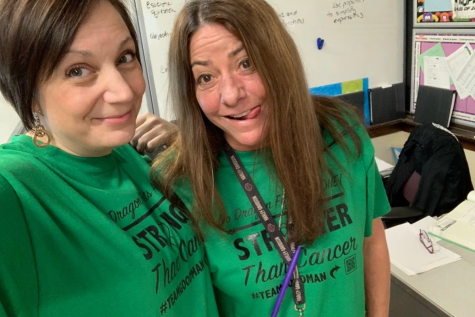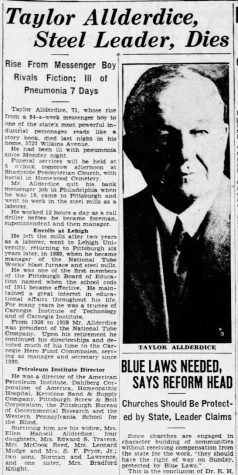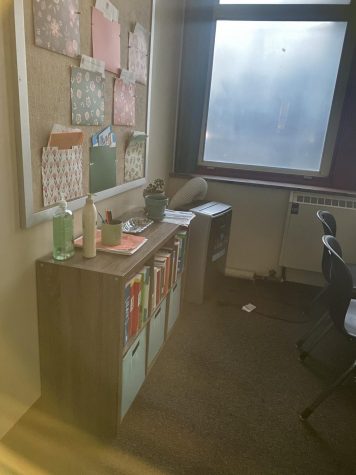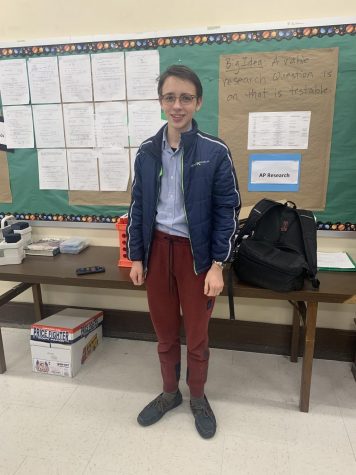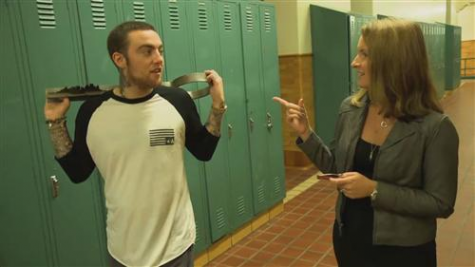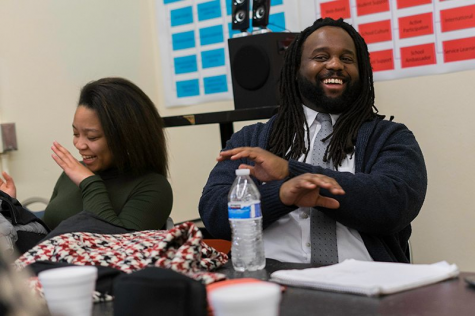Failed Communication From District, School Results in Work Release Chaos
Work Release is (Probably) Here to Stay, But Not Without Controversy
On January 31, Assistant Principal Ms. Davies held assemblies for juniors in which, among other new policies, she revealed that the work release program would not exist next year. This announcement set off mass outrage, confusion, and worry for hundreds of students and parents. Even though students’ fears seem to have subsided, it is clear from the several conflicting accounts of the saga that a deep failure of communication about the policy occurred at many levels.
Over 60% of students in the Allderdice class of 2020 take part in the release program, which allows seniors to leave school early so that they can have a job, internship, or do volunteer work. To participate, students must have parent permission and the credits needed to graduate, as well as being Promise Ready, which includes having a 2.5 weighted GPA or higher. Students take advantage of the program to help provide for their families, get valuable work experience, save money for college, and even just have some extra time to juggle the demands of college applications, sports, work, and homework.
According to Allderdice Principal Dr. McCoy, supervisors informed him of potential changes to the program “a week or two” before Davies’s assemblies. “It wasn’t 100%, but we had a sense that it probably wasn’t going to happen,” McCoy said. “It’s best that we inform the students of that now because they had to start scheduling. Basically we had to plan as if it wasn’t going to be there.”
McCoy explained that work release is inconsistent across the district, as some schools don’t offer the program at all, and the four who do handle it in different ways. This affects the district’s budgeting, because, “if you’re budgeting for all your students being in the building the whole day—how many classes do you need, how many teachers do you need—if different schools are doing different things as far as releasing students, then it’s not equitable with the budget.”
Another concern with the program as it stands now is the lack of oversight surrounding it. “There are issues making sure students are accountable—are they actually at where they’re saying they’re at?” McCoy added, even though he doesn’t recall a time when student safety was compromised due to the program. He says he is sympathetic to the affected students but also understands the district’s perspective. “I’m going to do whatever my bosses tell me to do as far as what happens with the program… I do think there are benefits to the work release program if done properly.”
After hearing from his supervisors of the program’s removal, McCoy informed the school counselors and his leadership team. Upon hearing the news, counselor Ms. Van Luik recalled saying, “‘Wow, that’s a big change.’” She believes the program is “valuable for students,” and without it, “we might have to shake up when things are offered… we might have more electives at different times just to try to even things out,” in terms of class sizes at the end of the day.
Regardless of these issues, Ms. Davies told juniors that they would not have the opportunity to take advantage of the program. Even though McCoy had been told the program was only potentially not back for next year, juniors were informed that it was definitely cut. Sofia Wynn, a junior, was in the first class to hear the news. “It was probably a minute left, realistically” in the assembly, Wynn said, “and then they were like, ‘Oh, and by the way, work release is not back.’… Ms. Davies was like, ‘It’s not me! Don’t shoot the messenger!’ So all of us were really upset.” In the following assemblies, Davies addressed the issue at the beginning, but still did not provide any real answers about why it was happening. Junior Mya Grant, who hadn’t yet been to the assembly with her English class, found out first from her friend, who said, “‘They told us the district wasn’t allowing it anymore.’”
Upon hearing this news, myriad concerns emerged. Many students were worried about needing to stay in school longer than necessary to take classes they don’t need to take, making them less engaged. Lots of students had been looking forward to work release since freshman year, cramming in electives and not having lunches. They worried about not having enough time to do homework after school and having less energy to put into college applications. There were concerns about working teen parents, who might not have as much time to spend with their children if they get home from work later. Some students had already committed to a job for next year before this announcement was made.
Grant was especially worried about the state of her family without her being able to leave school early. She planned on continuing her current job at the Giant Eagle in Greenfield. She has a one-month old sister, and her mother is going back to work soon. She and her parents, “had all decided that since I was going to be a senior and I would be able to be home by like 5:30, it would be best for me and my dad just to stay home with the baby while we can, because he works morning shifts and my mom works night shifts, and I’m kind of in the middle.” She has worked to make sure the only elective she will need to take is Health 2. “I’m not worried about school. I got all the credits, I did all that,” she said. “I think it’s more just making sure that someone’s home with my sisters and all of that all the time, especially if my dad has overtime. Can’t just leave my 14-year-old sister with the baby. Moral of the story, I need to be home.”
Thus, the class of 2021 immediately tried to reverse what they thought was a final decision. Junior James Blodgett created a petition on change.org, which reached 750 supporters within a week. Juniors also organized a protest at the next school board meeting on February 4th, which ended up getting rained out and postponed. Dozens of parents and students called the district’s parent hotline.
Still, students were left in the dark about any developments until an unrelated event on February 6. That day, counselor Mr. Hall brought a small group of Allderdice students to an event with the PPS superintendent, Dr. Anthony Hamlet, to talk about his team’s 5-year plan for the district. They brought in a diverse group of students from each high school in the district and gave them specific topics to formally discuss, none of which were work release.
Wynn was one of the Allderdice students at the event. She said that the group took a picture with the superintendent, and during that time he told them that work release was being reinstated for next year. Apparently the district had actually gotten rid of the program three years ago, but Allderdice had ignored that. Hamlet’s explanation for what Allderdice students saw as a sudden removal was, according to Wynn, “‘I guess they were just finally implementing it.’” Overall, the conversation was very unclear. “They had all this confusing information that didn’t make sense that nobody’s ever heard before, and we were literally getting this information from Hamlet,” Wynn said. “Hamlet was giving us false information.” Hamlet did not respond to a request for an interview.
Regardless, the group of students were very relieved to hear from the superintendent that the program would be back for next year, and immediately texted a group chat of people upset about the situation. In a matter of minutes, the whole school seemed to know that work release was back. However, after taking the picture, Hamlet went to call McCoy with the news. Presumably, then, the students knew before McCoy did. “I think it’s weird that he told McCoy after he told us,” commented Wynn. This informal announcement seemed to subside everyone’s fears, and since then it has been a non-issue. But did it ever need to be an issue at all?
According to Assistant Superintendent Dr. Nina Sacco, the program was never going to be taken away. Higher-ups in the district began to have conversations about the program because it does not have enough oversight throughout the district. She said the Pennsylvania Public School Code prompted these discussions. The Code mandates that PPS ensures that all students are doing the work they say they are doing. Sacco hopes to bring the program back to how it was many years ago, when it was more structured and equitable across schools and communities.
Sacco assures that students who are planning to use the program truthfully and go to work or an internship have nothing to worry about. In fact, she believes that if properly implemented, the work release program can be a huge benefit to students. “A high-quality work study program provides students the opportunity to engage in a rich hands-on educational experience,” she said.
The issue comes in when students do not actually have a job and are using the program to simply take less classes. The counselors confirm all students’ claims of employment at the beginning of the year, but make no more contacts as the year goes on. Van Luik said, “when students are approved, they have jobs; everyone meets the criteria. But things change in people’s lives, so I don’t know what happens throughout the year.”
McCoy and Sacco hope to see better supervision next year, both to ensure that students are where they say they are and to make it an even more meaningful experience. McCoy wondered, “Should there be some type of end product at the end,” as a way for students to reflect on what they’ve learned? He says that even if the district doesn’t come down with a more structured program like this, he would be interested in implementing one at Allderdice. I
That shouldn’t be an issue, though. Sacco says that the district is working on a way to make the program more equitable and consistent, and a final decision will be coming soon. Van Luik hopes that whatever the outcome of these deliberations are, it doesn’t result in more work for school counselors. “We have a lot that happens at the end of the year and at the beginning of the year,” she said. “We did a good job of confirming things but I wouldn’t want to do double confirmation, to be honest.”
Overall, students should not be worried about the state of work release. Despite the immense chaos surrounding the program, it is not being stripped away; conversely, it is being strengthened. This seemingly happy ending does not erase the poor communication displayed by the district and school. The timeline and content of various discussions and announcements are still unclear, but it is safe to say that quite a bit of angst and confusion could have been spared if administrators communicated effectively between each other and to the student body.

